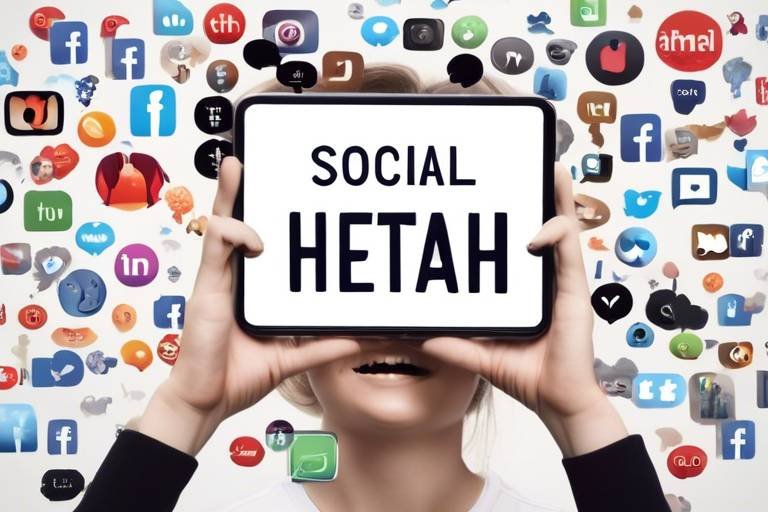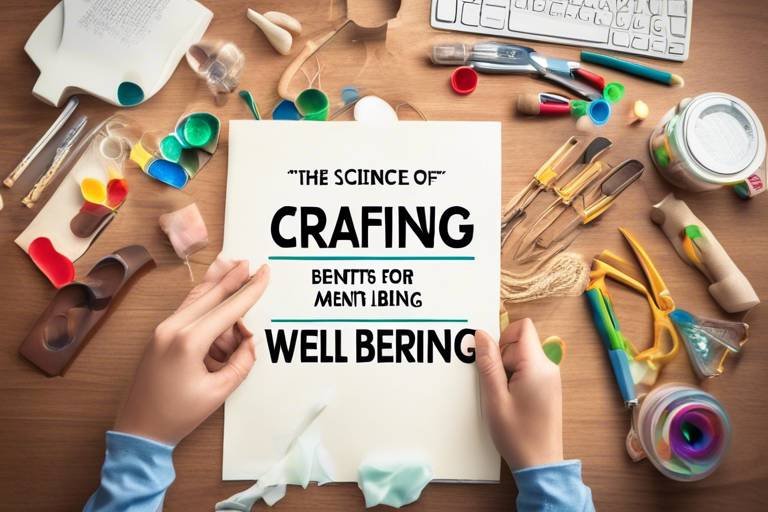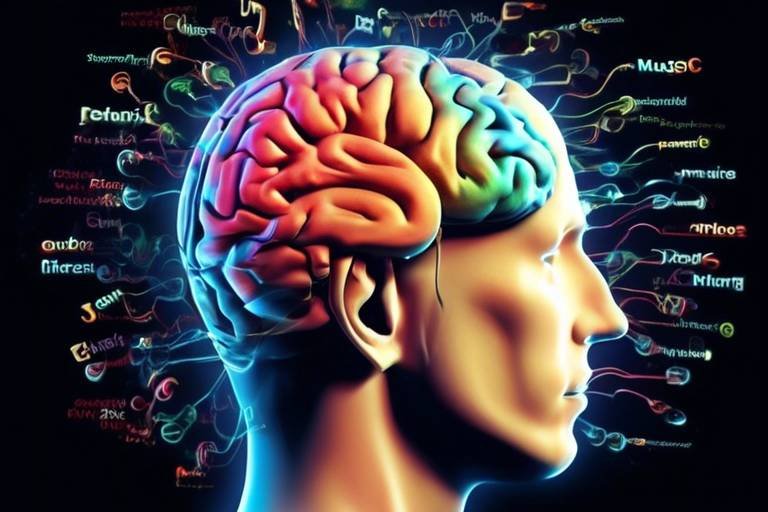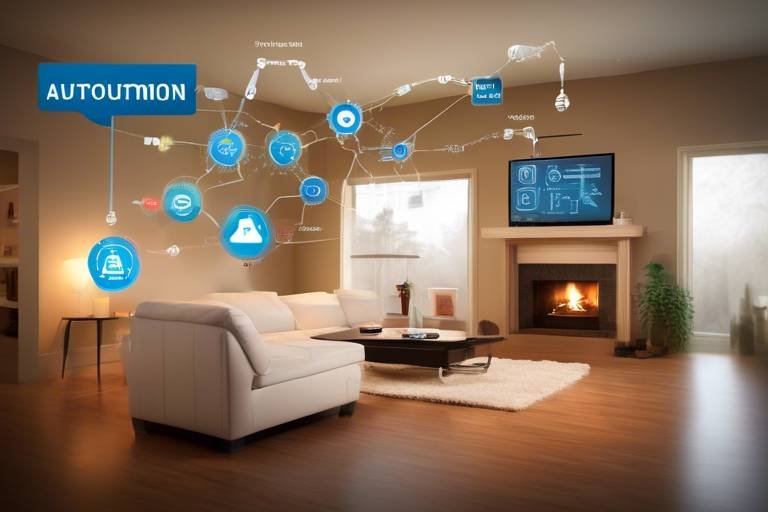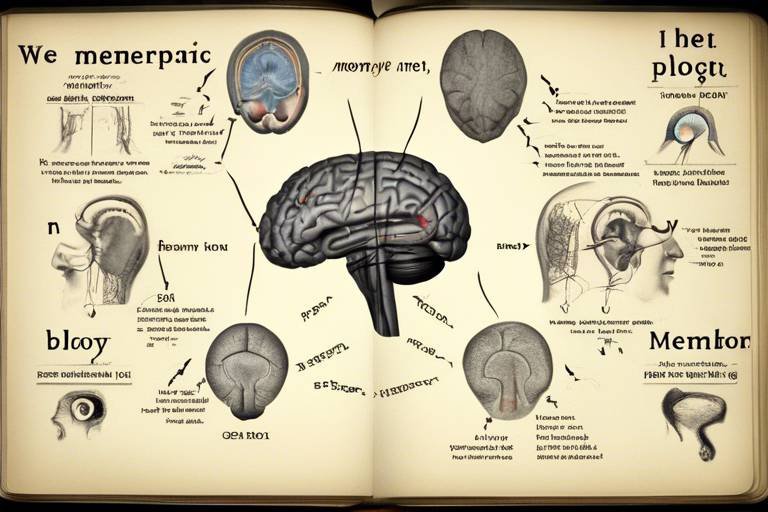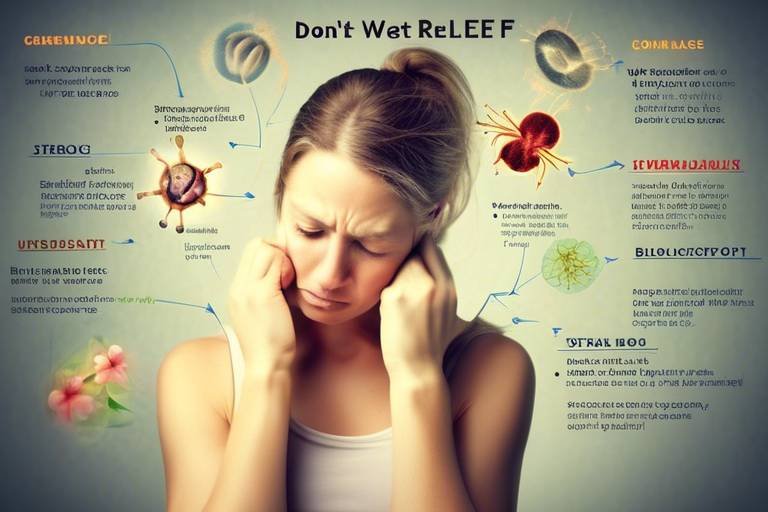How Social Media Affects Our Mental Health - The Science
In today's digital age, social media has woven itself into the fabric of our daily lives. It's hard to imagine a world without platforms like Facebook, Instagram, and Twitter, where we share our thoughts, experiences, and connect with friends and family. But have you ever stopped to think about how this constant connectivity affects our mental health? The truth is, the relationship between social media and mental health is a complex one, filled with both positive and negative aspects. As we dive into this topic, we'll explore the science behind these effects, backed by research and expert opinions, to better understand how our online interactions shape our emotional well-being.
On one hand, social media can be a powerful tool for fostering connections. It allows us to maintain relationships with loved ones who live far away and connect with communities that share our interests. For many, these platforms provide a sense of belonging and support that can enhance our mental health. Imagine having a group of friends who understand your struggles, all just a message away. This sense of community can be incredibly uplifting, especially during tough times.
However, the flip side of this digital coin reveals a darker reality. Excessive social media use can lead to feelings of anxiety and depression, particularly among younger users. When we scroll through curated feeds filled with seemingly perfect lives, it's easy to fall into the trap of comparison. The constant pressure to present an idealized version of ourselves can create a sense of inadequacy. It's like being in a never-ending competition where everyone else seems to be winning, and you're left feeling like you're falling behind.
Research has shown that the more time we spend on social media, the more likely we are to experience these negative feelings. A study published in the journal Psychological Science found that individuals who engage in frequent social media use report higher levels of anxiety and depression. This leads us to question: is social media truly connecting us, or is it driving us apart?
As we unpack these effects, it's crucial to examine the role of comparison and self-esteem issues that often arise from social media interactions. Users frequently find themselves comparing their lives to those of others, which can lead to dissatisfaction and mental health challenges. It's not uncommon to scroll through a friend's vacation photos and feel a pang of jealousy, or to see an influencer promoting a product and wonder why your life doesn't look that glamorous. This cycle of comparison can be detrimental, creating a distorted self-image and eroding our self-esteem.
Moreover, the rise of social media influencers has set unrealistic standards of beauty and success. These portrayals can warp our perceptions of what is achievable, leading to feelings of inadequacy when we don't measure up. It's important to recognize that those perfectly filtered images often tell only part of the story, leaving out the struggles and imperfections that come with real life.
Another significant concern is the prevalence of cyberbullying on social media platforms. This form of online harassment can have severe emotional consequences, leading to anxiety, depression, and even suicidal thoughts. Victims of cyberbullying often feel isolated and powerless, exacerbating the negative effects of social media on mental health. Addressing this issue is essential, as the psychological toll of online harassment can be devastating.
Furthermore, many users find themselves caught in a cycle of social media addiction. The compulsive need to check notifications and scroll through feeds can interfere with daily life and mental well-being. Signs of social media addiction may include:
- Neglecting real-life relationships
- Feeling anxious when unable to access social media
- Using social media as a way to escape from reality
Recognizing these signs is the first step toward regaining control over our social media habits and prioritizing our mental health. So, how can we strike a balance? Finding a healthy relationship with social media is crucial for our emotional well-being. In the following sections, we'll discuss practical strategies to promote healthier habits while engaging with these platforms.
Q: Can social media have any positive effects on mental health?
A: Yes, social media can foster connections and provide support networks, enhancing feelings of belonging and community.
Q: What are the signs of social media addiction?
A: Signs include neglecting real-life relationships, feeling anxious when unable to access social media, and using it as an escape from reality.
Q: How can I maintain a healthy relationship with social media?
A: Setting boundaries, practicing mindfulness, and taking regular breaks can help promote a healthier relationship with social media.
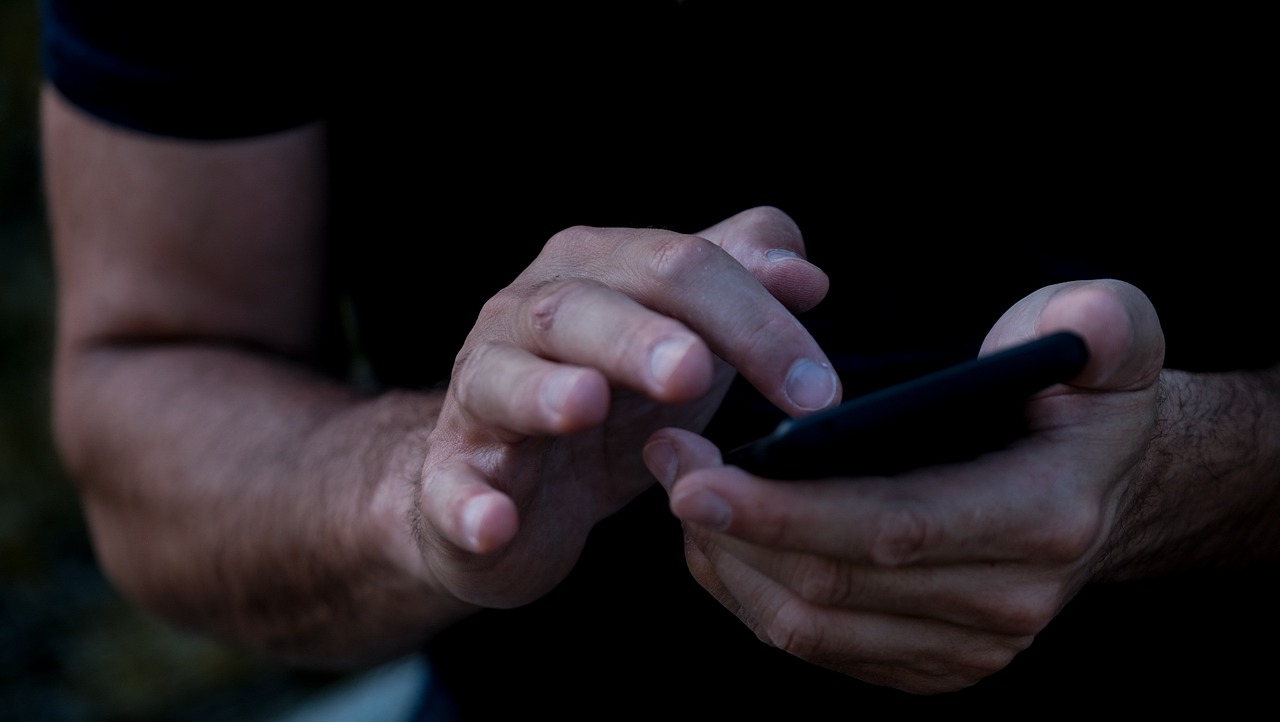
The Positive Aspects of Social Media
Social media has become a significant part of our daily lives, and it’s not just about sharing selfies or scrolling through endless feeds. In fact, it can be a powerful tool for fostering connections and building supportive communities. Imagine a world where you can connect with friends and family, regardless of the distance, or find a group of people who share your passions and interests. That's the beauty of social media! It enhances our sense of belonging and allows us to engage in meaningful conversations.
One of the most remarkable aspects of social media is its ability to facilitate connections. Whether it's through Facebook, Twitter, Instagram, or TikTok, people can reach out to others across the globe. This connectivity can be especially beneficial for individuals who may feel isolated or marginalized in their everyday lives. For instance, social media platforms often host groups that cater to specific interests, such as mental health support, hobbies, or professional development. These platforms create safe spaces where individuals can share their experiences and receive encouragement from others who understand their struggles.
Additionally, social media can serve as a powerful source of information and awareness. Users can stay informed about important social issues, health tips, or mental health resources. For example, platforms like Instagram and Twitter have become hubs for mental health advocates who share valuable insights and coping strategies. This democratization of information empowers individuals to seek help and support when they need it most.
Moreover, social media can enhance creativity and self-expression. Many users utilize these platforms to showcase their talents, whether it’s photography, writing, or art. This not only provides a sense of accomplishment but also fosters a community of appreciation and feedback. As people share their creations, they often inspire others to explore their own creativity. This cycle of sharing and encouragement can be incredibly uplifting, leading to increased self-esteem and a sense of purpose.
To sum up, while there are undeniable challenges associated with social media, it’s essential to recognize its positive aspects as well. The ability to connect, share information, and express oneself can significantly enhance our mental well-being. By focusing on these benefits, we can cultivate a healthier relationship with social media that promotes community and support.
- How can social media improve mental health? Social media improves mental health by fostering connections, providing support networks, and facilitating self-expression.
- What are some positive effects of social media on relationships? Social media allows people to maintain long-distance relationships, reconnect with old friends, and find communities of like-minded individuals.
- Can social media be a source of information for mental health? Yes, many mental health advocates use social media to share resources, coping strategies, and raise awareness about mental health issues.
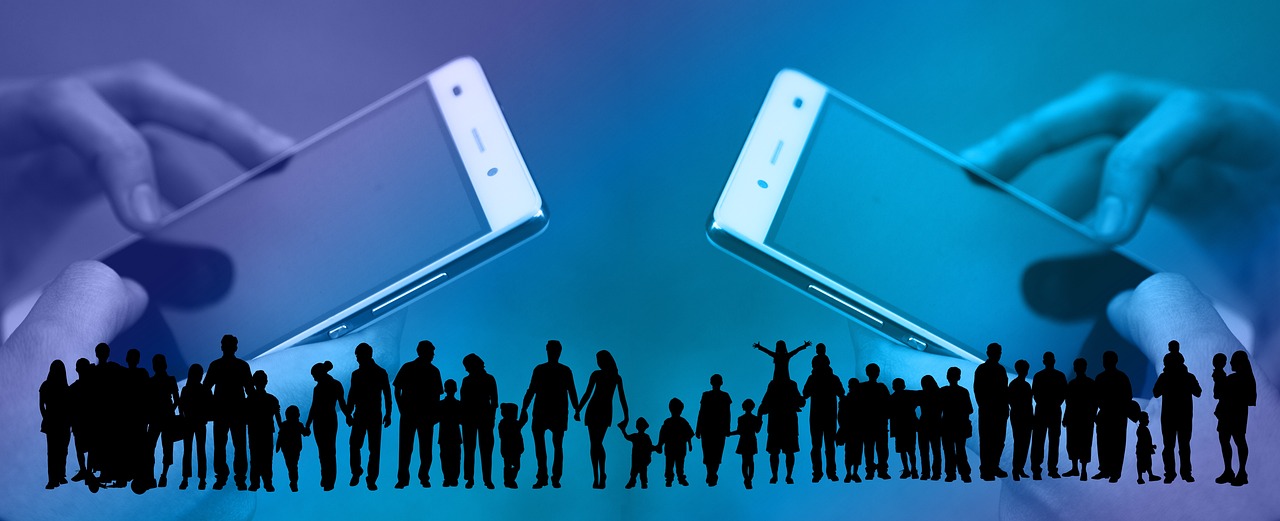
Negative Effects of Social Media on Mental Health
While social media can connect us in remarkable ways, it also has a darker side that can seriously impact our mental health. The constant barrage of curated images and the seemingly perfect lives of others can lead to feelings of inadequacy and anxiety. When we scroll through our feeds, we often find ourselves comparing our everyday realities to the highlights of others, which can create a distorted perception of what is normal or desirable. This phenomenon is not just a fleeting feeling; it can manifest as chronic stress and long-term emotional distress.
One of the most alarming aspects of social media is the pressure it creates to maintain a certain image. Users often feel compelled to present a polished version of their lives, which can lead to a cycle of self-doubt and low self-esteem. This pressure can be particularly pronounced among young people, who are still forming their identities. The fear of missing out (FOMO) is real, and it can drive individuals to engage in unhealthy behaviors just to fit in or gain validation through likes and shares.
Moreover, the impact of social media on mental health is not just about comparison; it also extends to the way we interact with others online. The anonymity of the internet can embolden individuals to engage in cyberbullying, which has become a pervasive issue across various platforms. Victims of cyberbullying often experience severe emotional distress, leading to anxiety, depression, and in some cases, even suicidal thoughts. The psychological scars left by online harassment can last a lifetime, making it crucial to address this issue head-on.
To further illustrate the negative effects of social media, consider the following statistics:
| Impact | Percentage of Users Affected |
|---|---|
| Anxiety | 40% |
| Depression | 30% |
| Low Self-Esteem | 50% |
| Cyberbullying Victims | 15% |
As we delve deeper into the psychological toll of social media, it becomes evident that the addictive nature of these platforms can exacerbate mental health issues. Many users find themselves mindlessly scrolling for hours, losing track of time and neglecting real-world relationships and responsibilities. This compulsive behavior can lead to a sense of isolation and disconnection, as the virtual interactions fail to provide the same emotional satisfaction as face-to-face communication.
In conclusion, while social media offers numerous benefits, it is essential to recognize and address its negative impacts on mental health. Awareness is the first step towards fostering a healthier relationship with these platforms. By understanding the psychological effects of social media, we can begin to take proactive measures to protect our mental well-being.
- How can social media lead to anxiety? Social media can lead to anxiety through constant comparison with others and the pressure to maintain a certain image.
- What are the signs of social media addiction? Signs include compulsive checking of notifications, neglecting real-life responsibilities, and feeling anxious when not online.
- How can I protect my mental health while using social media? Setting boundaries, practicing mindfulness, and taking regular breaks can help maintain a healthy balance.
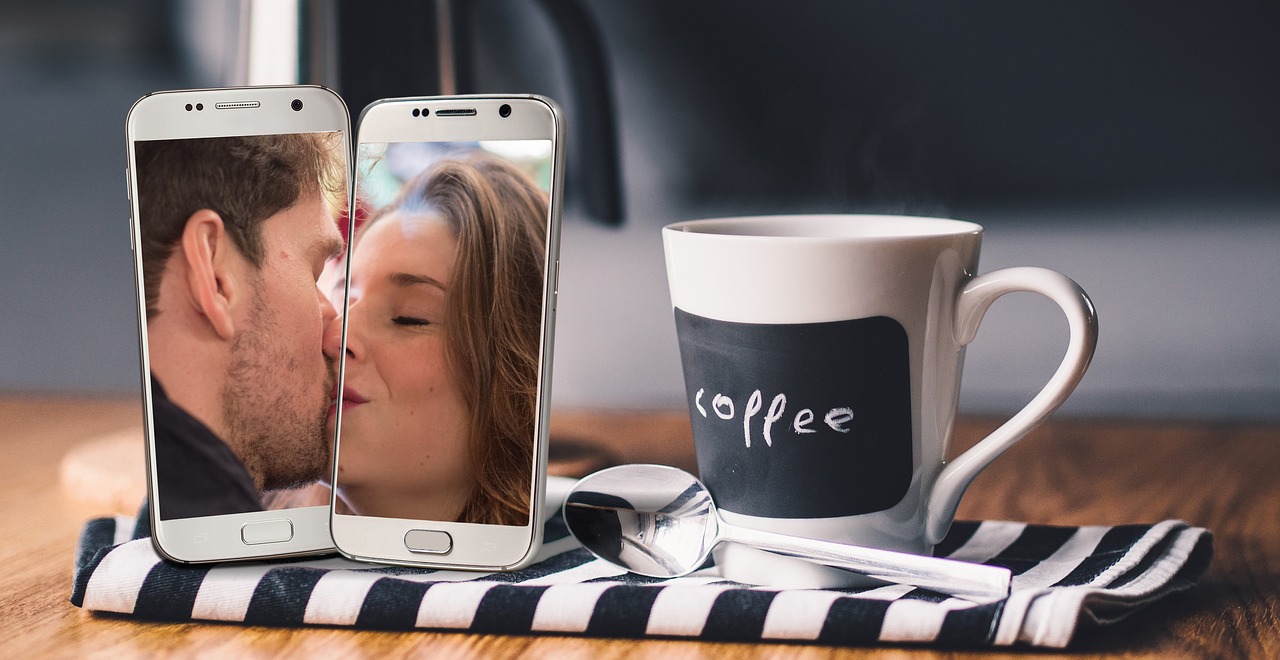
Comparison and Self-Esteem Issues
In today's hyper-connected world, social media platforms are like vast digital arenas where users showcase their lives. While this can be entertaining, it often leads to a troubling phenomenon: constant comparison. Have you ever found yourself scrolling through your feed and feeling a twinge of envy as you see your friends' vacation photos or fitness achievements? You're not alone. This relentless cycle of comparison can wreak havoc on our self-esteem, leaving many feeling inadequate and dissatisfied with their own lives.
Research has shown that when individuals compare themselves to others on social media, they are more likely to experience feelings of low self-worth. This is because social media often presents a distorted reality. Users typically share only the highlights of their lives, creating an illusion of perfection. As a result, those who view these curated posts may feel like they are falling short, leading to a negative self-image.
Moreover, the impact of these comparisons can be profound. Studies indicate that individuals who frequently engage in social comparison tend to report higher levels of anxiety and depression. It's as if social media has become a mirror reflecting our insecurities back at us, amplifying feelings of inadequacy. The pressure to present a flawless persona online can also contribute to a cycle of anxiety, where users feel compelled to constantly update their profiles to match the perceived standards of beauty and success.
To illustrate this point, let's consider a few key factors that contribute to self-esteem issues stemming from social media use:
- Curated Content: Users often post only the best moments of their lives, creating an unrealistic benchmark for others.
- Likes and Validation: The quest for likes and comments can lead to a dependency on external validation, making self-worth contingent on social media approval.
- Fear of Missing Out (FOMO): Seeing friends engage in activities can trigger feelings of exclusion, further eroding self-esteem.
It's essential to recognize that while social media can be a tool for connection, it can also foster a toxic environment where comparisons thrive. This leads to a critical question: How can we break free from this cycle? Understanding the psychological effects of social media comparison is the first step towards reclaiming our self-esteem and mental well-being.
In conclusion, the impact of social media on self-esteem is a double-edged sword. While it provides a platform for connection and sharing, it often comes at the cost of our mental health. By acknowledging the pitfalls of comparison and actively working to cultivate a healthier relationship with social media, we can mitigate its negative effects and foster a more positive self-image.
- How does social media affect self-esteem? Social media can lead to low self-esteem through constant comparison with others' curated lives, which may seem more perfect than our own.
- What are some signs of low self-esteem related to social media? Signs include feelings of inadequacy, anxiety when posting, and an overwhelming need for likes and validation.
- How can I improve my self-esteem while using social media? Consider following accounts that promote positivity, limit your time on social media, and focus on real-life connections.
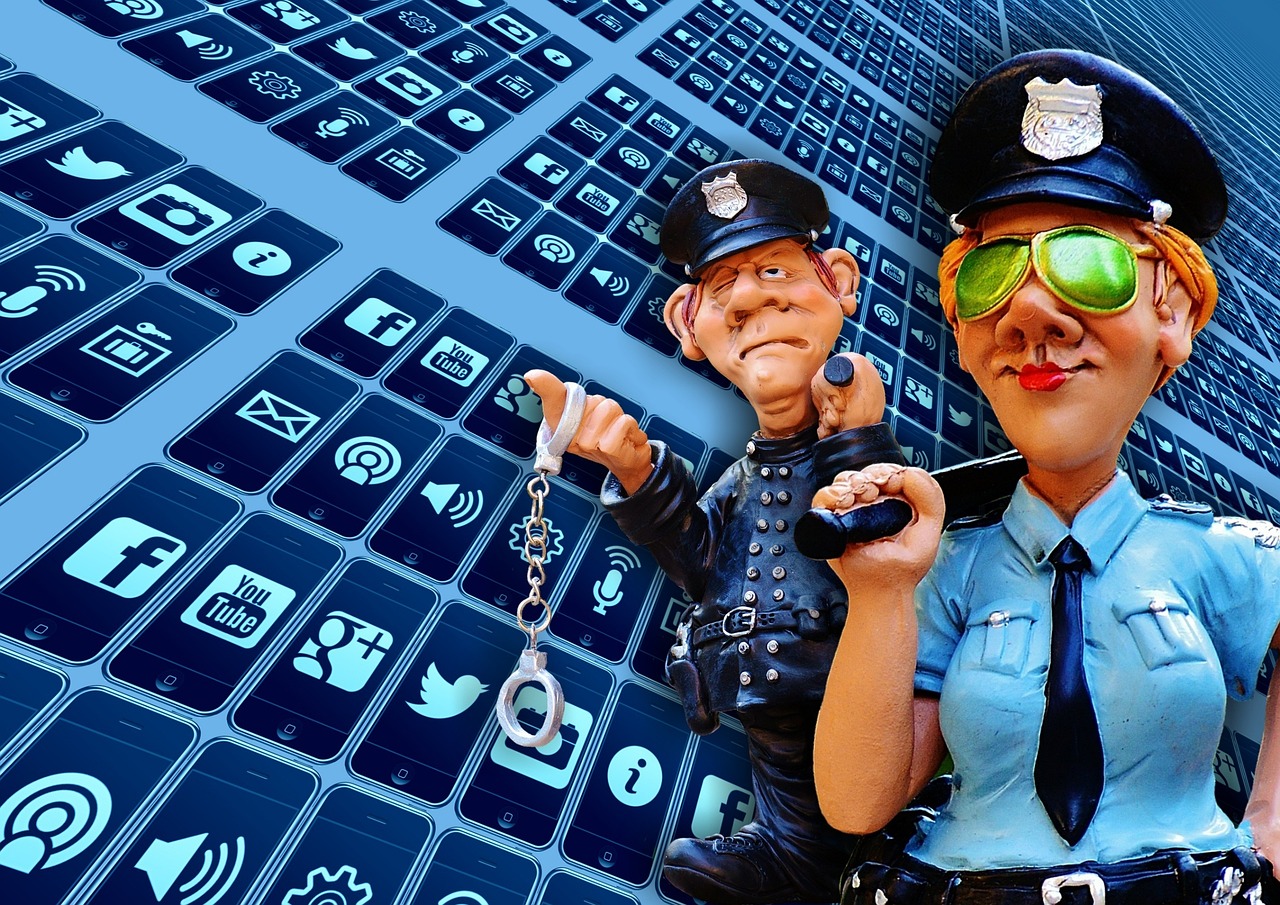
Influence of Influencers
The rise of social media influencers has transformed the way we perceive beauty, success, and lifestyle. These individuals, often armed with millions of followers, wield significant power over their audiences. They can shape opinions, trends, and even our self-worth with just a single post. But what does this mean for our mental health? The impact can be profound and, at times, detrimental.
Influencers often curate a perfectly polished image of their lives, showcasing glamorous vacations, luxurious products, and seemingly flawless appearances. This constant barrage of idealized lifestyles can lead to feelings of inadequacy among viewers. When we scroll through our feeds, it’s easy to forget that what we’re seeing is often a highlight reel, not the full story. The pressure to measure up to these unrealistic standards can lead to significant mental health issues, including anxiety and depression.
Moreover, the psychological effects of comparison cannot be overstated. Here are a few ways in which influencers can distort our self-image:
- Unrealistic Beauty Standards: Influencers often promote beauty ideals that are unattainable for most people. This can lead to body dissatisfaction and a distorted self-image.
- Fear of Missing Out (FOMO): Seeing influencers live extravagant lives can create a sense of urgency to keep up, leading to anxiety and stress.
- Validation through Likes: Many individuals equate their self-worth with the number of likes and comments they receive on their posts, creating a cycle of dependency on social media validation.
Furthermore, influencers frequently promote products that promise happiness or success, creating a perception that material possessions equate to personal fulfillment. This can lead to a consumerist mentality, where individuals feel pressured to buy items they don’t need, all in the name of fitting in or being 'influenced'.
It's essential to recognize that while influencers can inspire and motivate, they can also contribute to a toxic environment that negatively impacts mental health. Acknowledging this duality is the first step in mitigating the adverse effects. Engaging critically with social media content and reminding ourselves of the curated nature of these posts can help us maintain a healthier perspective.
Q: How can I protect my mental health while using social media?
A: Consider setting boundaries on your social media usage, such as limiting time spent on apps and unfollowing accounts that make you feel inadequate.
Q: Are all influencers harmful to mental health?
A: Not necessarily. Some influencers promote positive messages and body positivity. It's vital to curate your feed to follow those who uplift and inspire rather than those who induce feelings of inadequacy.
Q: What are the signs of unhealthy social media use?
A: Signs include feeling anxious or upset when not using social media, constantly comparing yourself to others, or feeling pressured to post a certain image online.
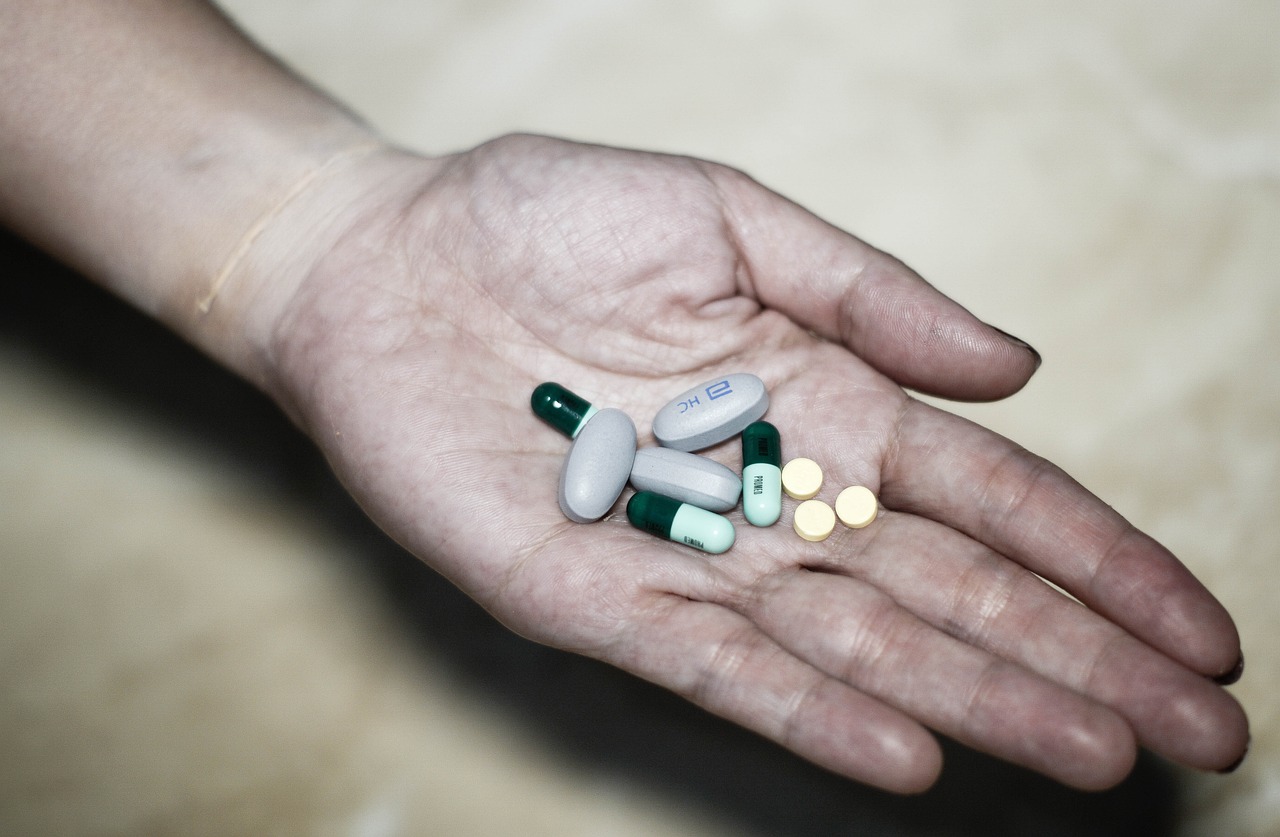
Cyberbullying and Its Consequences
In today's digital age, cyberbullying has emerged as a significant concern, especially among younger populations. Unlike traditional bullying, cyberbullying can occur 24/7, with victims often feeling trapped in a relentless cycle of harassment. The anonymity provided by social media platforms can embolden bullies, leading to more severe and pervasive attacks. Victims may experience a range of emotional and psychological consequences, including anxiety, depression, and a profound sense of isolation.
The effects of cyberbullying can be devastating. Victims often report feeling helpless and vulnerable, leading to a decline in their overall mental health. Many may withdraw from social interactions, fearing further harassment, which can create a vicious cycle of loneliness and despair. In extreme cases, the emotional toll can lead to thoughts of self-harm or even suicide. According to a study published in the journal JAMA Psychiatry, adolescents who experience cyberbullying are significantly more likely to suffer from mental health issues compared to their peers who are not targeted.
It's crucial to recognize the signs of cyberbullying and understand its impact. Here are some common consequences faced by victims:
- Emotional Distress: Victims may experience feelings of sadness, anger, and confusion.
- Social Withdrawal: Many victims isolate themselves from friends and family to avoid potential bullying.
- Academic Decline: The stress from cyberbullying can lead to decreased focus and performance in school.
- Physical Symptoms: Anxiety can manifest physically, leading to headaches, stomachaches, and other health issues.
Addressing cyberbullying is not just the responsibility of the victims; it requires a collective effort from parents, educators, and peers. Schools are increasingly implementing anti-bullying programs and resources to help students cope with these challenges. Open communication about the dangers of cyberbullying and fostering an environment where students feel safe to report incidents is essential.
In conclusion, the consequences of cyberbullying extend far beyond the digital realm, affecting the mental health and well-being of victims in profound ways. It is imperative that society as a whole recognizes this issue and takes steps to combat it, ensuring that social media remains a space for connection rather than a breeding ground for harm.
- What is cyberbullying? Cyberbullying involves the use of digital platforms to harass, threaten, or humiliate individuals.
- How can I recognize if someone is being cyberbullied? Signs include withdrawal from social activities, sudden changes in mood, and a decline in academic performance.
- What should I do if I am a victim of cyberbullying? It's important to talk to someone you trust, whether it's a friend, family member, or a professional, and report the bullying to the platform or authorities.
- Are there resources available for victims of cyberbullying? Yes, many organizations offer support and guidance for victims, including hotlines and counseling services.
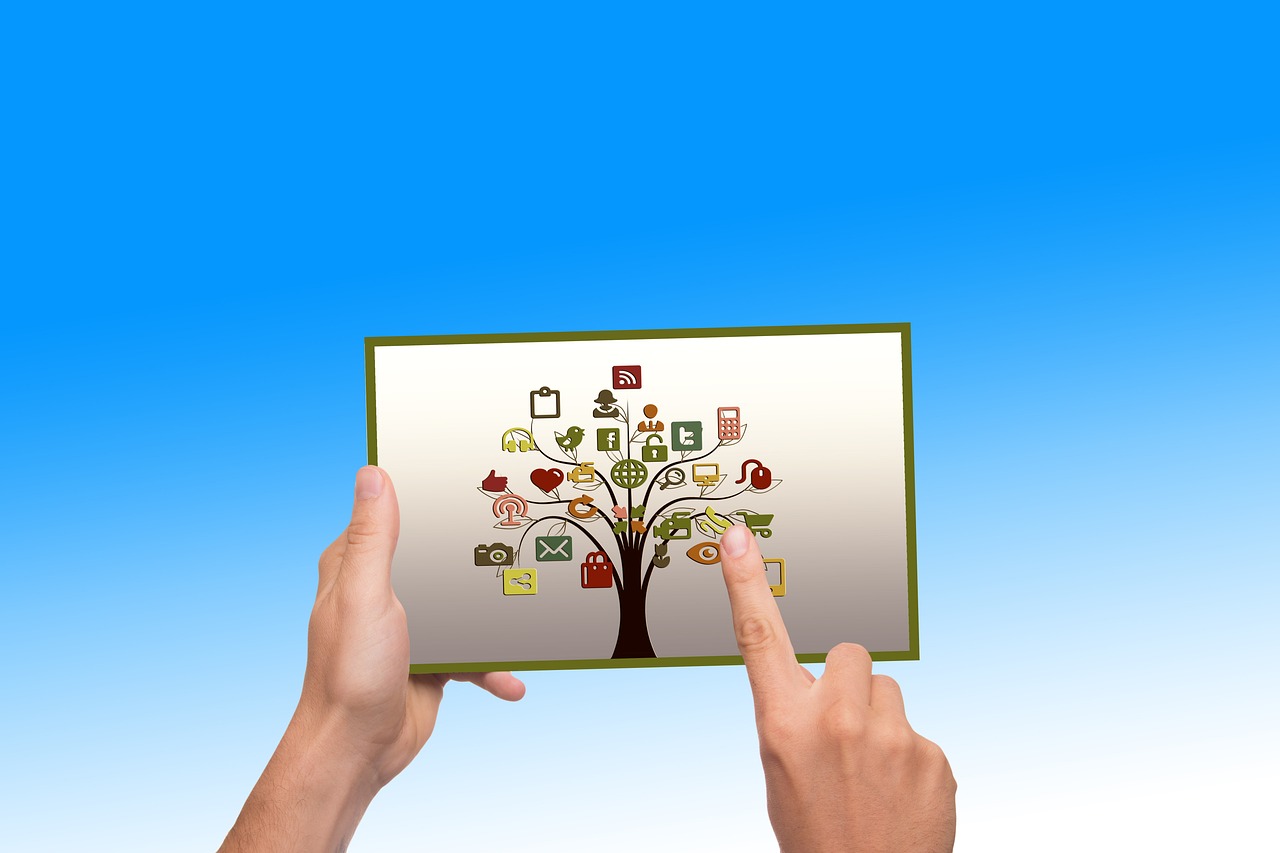
Social Media Addiction
In today's hyper-connected world, social media addiction has become a significant concern, affecting millions of individuals across various age groups. Just like any other form of addiction, whether it's to substances or behaviors, social media addiction can lead to a host of negative consequences. It’s fascinating how a simple scroll through a feed can turn into hours of mindless browsing, leaving users feeling drained yet compelled to keep going. The irony? While social media is designed to connect us, it can often lead to feelings of isolation and anxiety.
So, what exactly constitutes social media addiction? It’s characterized by an uncontrollable urge to use social media platforms, often at the expense of real-life interactions and responsibilities. People may find themselves checking their phones constantly, even in the middle of conversations, or feeling anxious when they are unable to access their accounts. This compulsive behavior can significantly impact one's daily life, leading to a decline in productivity, strained relationships, and even mental health issues.
Here are some common signs of social media addiction:
- Compulsive Checking: Feeling the need to check notifications or updates every few minutes.
- Neglecting Responsibilities: Putting off tasks or ignoring important obligations to spend more time online.
- Withdrawal Symptoms: Experiencing anxiety or irritability when not using social media.
- Escalating Use: Needing to spend more time on social media to achieve the same level of satisfaction.
Research has shown that excessive social media use can lead to various mental health issues, including anxiety and depression. The constant barrage of information, coupled with the pressure to maintain an idealized online persona, can create a toxic environment for users. It’s like being on a never-ending treadmill, where the harder you run, the more exhausted you feel, yet you can’t seem to stop.
Moreover, social media platforms are designed to be addictive. Features like infinite scrolling, notifications, and “likes” trigger the brain’s reward system, releasing dopamine and reinforcing the behavior. This creates a cycle where users feel compelled to keep returning for that next hit of validation or entertainment. Understanding this mechanism is crucial in recognizing the potential dangers of unchecked social media use.
In conclusion, social media addiction is a growing issue that warrants attention. By acknowledging the signs and understanding the underlying psychological effects, individuals can take proactive steps to manage their social media use. Remember, moderation is key! Finding a balance will not only enhance your online experience but also improve your overall mental well-being.
1. What are the signs of social media addiction?
Common signs include compulsive checking of notifications, neglecting responsibilities, withdrawal symptoms when not online, and needing to spend increasing amounts of time on social media to feel satisfied.
2. How can I reduce my social media usage?
Setting specific time limits for social media use, turning off notifications, and engaging in offline activities can help reduce your reliance on social media.
3. Can social media addiction lead to mental health issues?
Yes, excessive use of social media can contribute to anxiety, depression, and low self-esteem due to constant comparison and the pressure to maintain an idealized online persona.
4. Is it possible to have a healthy relationship with social media?
Absolutely! By practicing mindfulness, setting boundaries, and taking regular breaks, you can cultivate a healthier relationship with social media.
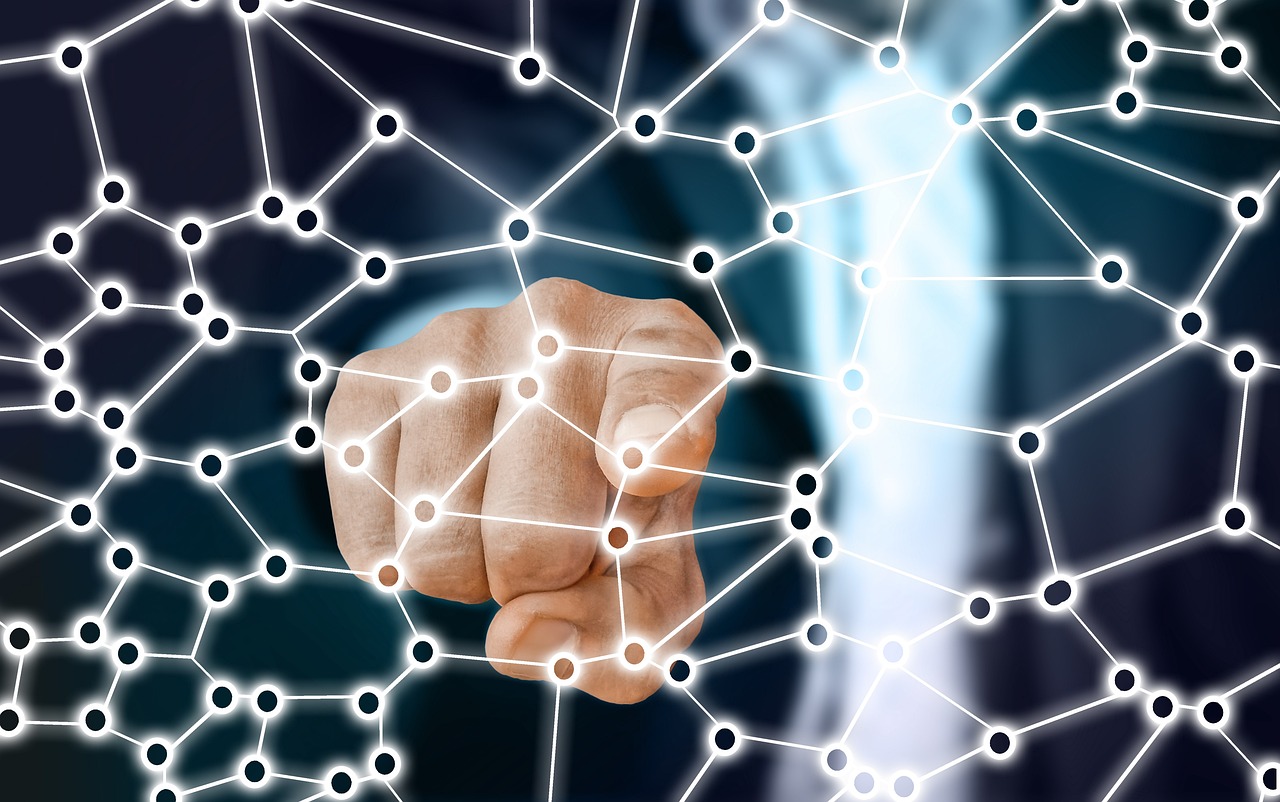
Strategies for Healthy Social Media Use
In today's fast-paced digital world, finding a balance in our social media consumption is not just a luxury; it's a necessity for maintaining mental well-being. The constant barrage of information and the pressure to stay connected can be overwhelming, leading to feelings of anxiety and inadequacy. So, how can we navigate this digital landscape without losing our sanity? The answer lies in adopting .
First and foremost, setting boundaries is crucial. Just like we wouldn't allow someone to invade our personal space in real life, we need to create boundaries around our online interactions as well. This could mean limiting the amount of time spent on social media each day or designating specific times when we check our feeds. For instance, you might decide to only check social media during your lunch break or after work. By doing this, you can prevent social media from encroaching on your personal time and mental space.
Another effective strategy is to practice mindfulness. This involves being fully present in the moment and aware of your feelings and thoughts as you engage with social media. Instead of mindlessly scrolling through your feed, take a moment to reflect on how certain posts make you feel. Are they uplifting or do they trigger negative emotions? By being mindful, you can make conscious decisions about what content to engage with and what to avoid. Additionally, consider implementing a digital detox—a short break from social media can work wonders for your mental clarity and emotional health. Whether it's a weekend away from your devices or a full week of silence, a detox can help reset your mind and reduce the noise that social media often creates.
Moreover, it’s essential to curate your online environment. Follow accounts that inspire you, educate you, or simply make you laugh. Unfollow or mute accounts that leave you feeling drained or inadequate. This way, your social media feed becomes a source of positivity rather than a trigger for stress. Remember, you have the power to shape your online experience.
Finally, consider engaging in offline activities that promote well-being. Whether it’s joining a local sports team, taking up a hobby, or simply spending time with friends and family, these activities can provide a much-needed break from the digital world. They not only enhance your mood but also help build real-life connections that social media often fails to replicate.
In summary, while social media can be a double-edged sword, implementing these strategies can help you enjoy its benefits while minimizing its negative impacts. By setting boundaries, practicing mindfulness, curating your feed, and engaging in offline activities, you can foster a healthier relationship with social media and, ultimately, with yourself.
- How much time should I spend on social media daily? It's advisable to limit your social media use to 30 minutes to an hour a day, depending on your personal needs and mental health.
- What are some signs I need a digital detox? Signs include feeling anxious when you’re not online, experiencing FOMO (Fear of Missing Out), or feeling drained after using social media.
- How can I make my social media feed more positive? Unfollow accounts that make you feel bad about yourself and follow those that inspire or uplift you instead.
- Is it okay to take breaks from social media? Absolutely! Taking breaks can help you reset and gain perspective on your online habits.
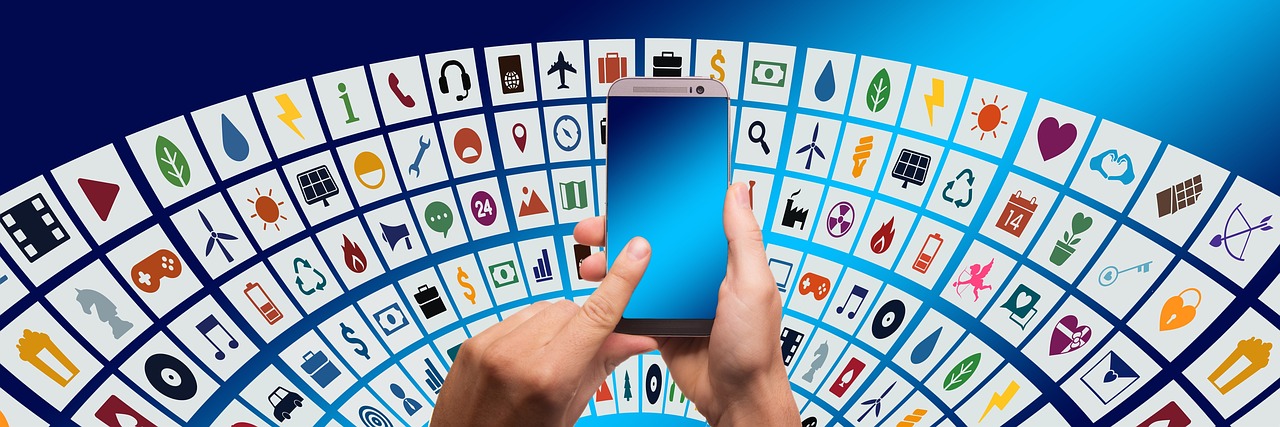
Setting Boundaries
In today's fast-paced digital world, around social media use is more important than ever. With notifications pinging constantly and the allure of scrolling through endless feeds, it’s easy to lose track of time and let social media consume your day. Think of social media as a buffet: while it’s tempting to indulge in everything, moderation is key to avoid feeling overwhelmed. Establishing boundaries can help you reclaim your time and mental space, allowing you to focus on what truly matters.
So, how do you go about setting these boundaries? First, it’s essential to identify your triggers. Are there specific times of day when you find yourself mindlessly scrolling? Perhaps it’s during your morning coffee or late at night before bed. Recognizing these patterns is the first step toward change. Once you know your habits, you can create a plan to limit your usage. For instance, you might decide to check social media only during lunch breaks or set a timer for 30 minutes of browsing. This way, you can enjoy the benefits of staying connected without the negative side effects.
Another effective strategy is to curate your feed. Follow accounts that inspire and uplift you, while unfollowing or muting those that trigger feelings of inadequacy or negativity. By surrounding yourself with positive influences, you can transform your social media experience from a source of stress to a source of joy. Additionally, consider implementing a social media curfew. This means avoiding social media for at least an hour before bed, allowing your mind to unwind and prepare for a restful night. A peaceful evening routine can significantly enhance your overall well-being.
To help visualize these strategies, here’s a simple table outlining practical steps for setting social media boundaries:
| Strategy | Description |
|---|---|
| Identify Triggers | Recognize when and why you use social media excessively. |
| Set Time Limits | Allocate specific times for social media use to prevent mindless scrolling. |
| Curate Your Feed | Follow positive and uplifting accounts; unfollow negative influences. |
| Implement a Curfew | Avoid social media at least an hour before bedtime. |
Lastly, remember that it’s okay to take a step back and reassess your relationship with social media. Just like any other aspect of life, your needs and feelings may change over time. Regularly checking in with yourself can help you maintain a healthy balance. By setting boundaries, you’re not only protecting your mental health but also creating a more fulfilling and meaningful social media experience. So, why not give it a try? You might be surprised at how much better you feel!
- How do I know if I need to set boundaries with social media? If you find yourself feeling anxious, overwhelmed, or distracted by social media, it may be time to establish some limits.
- What are some signs of unhealthy social media use? Signs include feeling inadequate after scrolling, losing track of time, or neglecting real-life relationships.
- Can setting boundaries really improve my mental health? Yes! By reducing exposure to negativity and reclaiming your time, you can enhance your overall well-being.
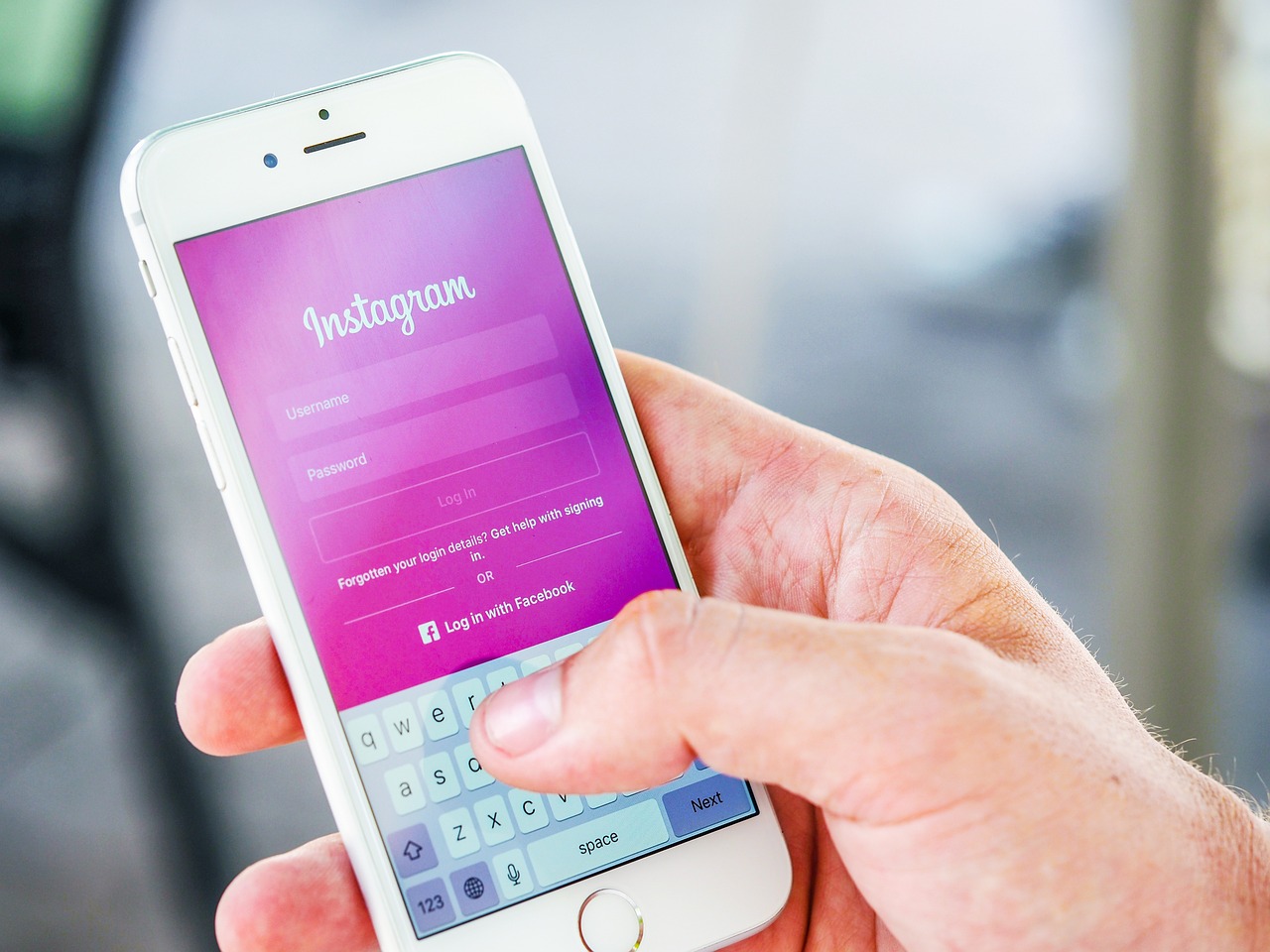
Mindfulness and Digital Detox
In our fast-paced, hyper-connected world, the concept of mindfulness has emerged as a beacon of hope for many struggling with the overwhelming effects of social media. Mindfulness is all about being present in the moment, fully engaged with your surroundings, and aware of your thoughts and feelings without judgment. When applied to our social media habits, mindfulness can help us recognize when our online activities start to negatively impact our mental health. By being conscious of how we feel while scrolling through our feeds, we can make informed choices about our usage.
One effective way to cultivate mindfulness is through a digital detox. This involves taking a deliberate break from social media platforms to reconnect with ourselves and the world around us. Imagine stepping outside on a sunny day, feeling the warmth of the sun on your skin, and hearing the rustle of leaves instead of the incessant ping of notifications. Sounds refreshing, right? A digital detox can provide that much-needed clarity and peace, allowing us to recharge our mental batteries.
But how do we initiate this detox? Here are a few practical steps:
- Set Clear Goals: Determine how long you want to stay off social media. It could be a day, a week, or even a month. The key is to set a timeframe that feels manageable for you.
- Inform Your Circle: Let friends and family know about your detox plans. This way, they can support you and understand why you might be less responsive during this time.
- Find Alternative Activities: Replace your social media time with activities that nourish your mind and body. Whether it’s reading a book, going for a walk, or practicing yoga, engaging in fulfilling activities can fill the void left by social media.
During your digital detox, you may also want to practice mindfulness techniques such as meditation or deep breathing exercises. These practices can help ground you, reduce anxiety, and improve your overall mental well-being. Just a few minutes of focused breathing can shift your mindset and help you appreciate the present moment more fully.
As you ease back into the world of social media after your detox, it’s essential to carry the lessons learned with you. Consider adopting a more mindful approach to your online interactions. Ask yourself questions like, "How does this content make me feel?" or "Am I comparing myself to others?" This self-reflection can empower you to curate a healthier social media experience that enhances, rather than detracts from, your mental health.
In conclusion, embracing mindfulness and committing to a digital detox can significantly improve your relationship with social media. By taking the time to step back and evaluate how these platforms affect your mental well-being, you can create a more balanced and fulfilling online presence.
Q: What is mindfulness in the context of social media?
A: Mindfulness in social media refers to being aware of your feelings and thoughts while using these platforms, allowing you to recognize when they impact your mental health negatively.
Q: How long should a digital detox last?
A: The duration of a digital detox can vary based on individual needs. It can be as short as a day or as long as a month. Choose what feels right for you.
Q: What activities can I do during a digital detox?
A: You can engage in activities like reading, exercising, meditating, or spending time with loved ones to fill the time you would typically spend on social media.
Q: Will I miss out on important updates during a digital detox?
A: While you may miss some updates, important news usually finds a way to reach you. Taking a break can help you prioritize your mental health over constant connectivity.
Frequently Asked Questions
- How does social media positively impact mental health?
Social media can create a sense of community and belonging. It allows individuals to connect with others who share similar interests or experiences, providing support and fostering relationships that can enhance overall well-being.
- What are the negative effects of excessive social media use?
Excessive use of social media can lead to anxiety, depression, and feelings of inadequacy. Users often find themselves in a cycle of comparison, which can distort self-image and contribute to mental health struggles.
- How does comparison on social media affect self-esteem?
Social media often showcases curated representations of life, leading users to compare themselves unfavorably to others. This constant comparison can result in decreased self-esteem and increased dissatisfaction with one's own life.
- What role do influencers play in shaping mental health perceptions?
Influencers often set unrealistic standards of beauty and success, which can distort self-image. Their portrayals may create pressure to conform to these ideals, leading to feelings of inadequacy among followers.
- What is cyberbullying and how does it affect mental health?
Cyberbullying involves harassment or bullying through digital platforms. It can lead to severe emotional distress, anxiety, and depression, highlighting the need for awareness and strategies to combat this issue.
- What are the signs of social media addiction?
Signs of social media addiction include compulsive checking of accounts, neglecting responsibilities, and experiencing withdrawal symptoms when not online. This addiction can significantly impact daily life and mental well-being.
- How can I establish healthy boundaries with social media?
Setting specific times for social media use, limiting notifications, and curating your feed to include positive content can help create healthier boundaries and reduce the negative impacts of social media.
- What is a digital detox and how can it benefit me?
A digital detox involves taking a break from all digital devices, including social media, to recharge mentally and emotionally. This practice can enhance mindfulness, reduce stress, and improve overall mental health.

